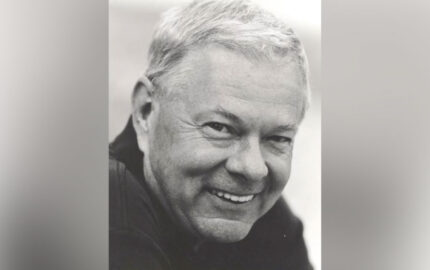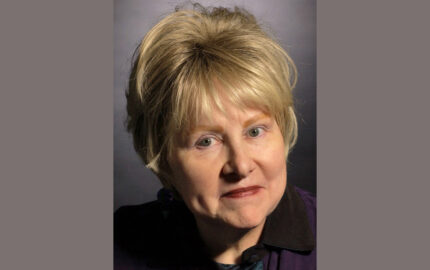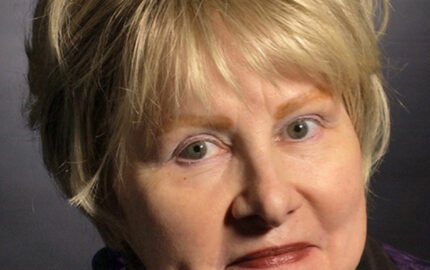Bolivian journalist Raul Peñaranda, NF '08, has received the United Nations Correspondents Association’s 2012 Elizabeth Neuffer Memorial Prize (gold) for written media. U.N. Secretary General, Ban Ki-moon, presented the award at a ceremony in New York City on Dec.19.
Peñaranda, editor-in-chief of the daily Página Siete, planned and supervised the award-winning series “Viaje al Corazón de Bolivia” (“Journey to the Heart of Bolivia”), a collection of 25 stories produced by three reporters and three photographers during a six-month, cross-country trip in 2011 that provided a complex portrait of modern-day Bolivia. The team was accompanied by three social researchers sent by United Nations.
The group visited one Bolivian town per week and published their stories in the paper’s Sunday magazine. The U.N. and Página Siete also developed a website so readers could follow the trip each week. The reports offer a unique view of towns throughout Bolivia, many too small to appear on maps. In each installment, the Bolivian U.N. office published the most relevant social and economic information about the locations visited and the surrounding areas.
Earlier in 2012, the Bolivian government pressed criminal charges against Página Siete and two other Bolivian media outlets for reporting on controversial comments made by Bolivian president Evo Morales. The news outlets were accused of inciting racism and discrimination.
Peñaranda told the Committee to Protect Journalists that Página Siete had accurately reported on Morales’s remarks saying, “This is a lawsuit that makes no sense, and is only designed to intimidate independent media and limit freedom of expression in the country.” He added that media offenses were supposed to be tried under the country’s rarely used press law, which is part of the country’s civil code.
Peñaranda, editor-in-chief of the daily Página Siete, planned and supervised the award-winning series “Viaje al Corazón de Bolivia” (“Journey to the Heart of Bolivia”), a collection of 25 stories produced by three reporters and three photographers during a six-month, cross-country trip in 2011 that provided a complex portrait of modern-day Bolivia. The team was accompanied by three social researchers sent by United Nations.
The group visited one Bolivian town per week and published their stories in the paper’s Sunday magazine. The U.N. and Página Siete also developed a website so readers could follow the trip each week. The reports offer a unique view of towns throughout Bolivia, many too small to appear on maps. In each installment, the Bolivian U.N. office published the most relevant social and economic information about the locations visited and the surrounding areas.
Earlier in 2012, the Bolivian government pressed criminal charges against Página Siete and two other Bolivian media outlets for reporting on controversial comments made by Bolivian president Evo Morales. The news outlets were accused of inciting racism and discrimination.
Peñaranda told the Committee to Protect Journalists that Página Siete had accurately reported on Morales’s remarks saying, “This is a lawsuit that makes no sense, and is only designed to intimidate independent media and limit freedom of expression in the country.” He added that media offenses were supposed to be tried under the country’s rarely used press law, which is part of the country’s civil code.


